If you’ve ever wondered why some stories feel like they’re looking right back at you, meet Fyodor Dostoyevsky. He wrote like a man on the edge—seeing everything, afraid of nothing. A Russian novelist, philosopher, and journalist whose fiction changed how we think about crime, conscience, faith, and freedom. He’s famous for psychologically rich characters and moral dilemmas that influenced modern literature, therapy, and existential philosophy.
His life; mock execution, Siberian imprisonment, constant money troubles, epilepsy, and a real struggle with gambling didn’t just color his books; they powered his characters and sharpened his questions about what makes us human. Ready to explore? Here are seven works that reflect his trials and speak with surprising freshness to our lives today.
Poor Folk (1846)
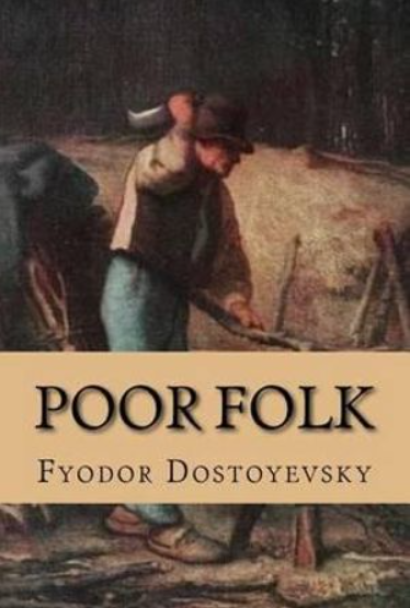
This tender, letter-based debut follows two struggling St. Petersburg neighbors, copyist Makar Devushkin and the younger Varvara Dobroselova, who trade notes that become a lifeline in a city that mostly looks away. The small moments feel big because what is at stake is simple: to be seen, to stay kind, to keep one’s dignity. When Varvara begins, “My dearest Makar Alexeyevich…,” you can feel how attention itself becomes a form of rescue. Drawn from Dostoyevsky’s own brushes with poverty, the story reminds us that hardship is not a moral failure, it is a test of character, and compassion is how we pass.
Read Book: Poor FolkWhite Nights (1848)
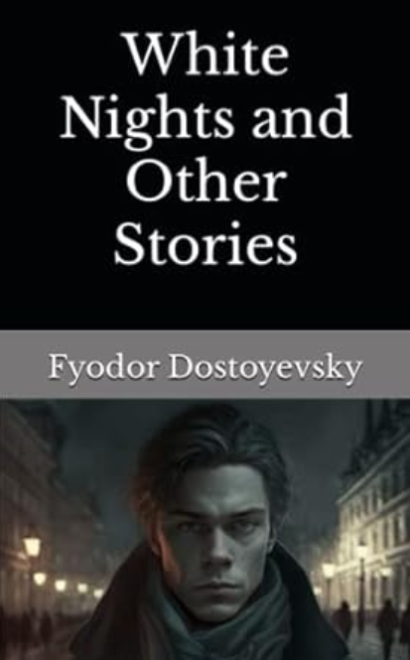
A shy dreamer meets Nastenka on the twilight streets and, over four evenings, learns how hope can bloom and break in the same week. The narrator admits, “I am a dreamer; I know so little of real life,” which lands like a gentle nudge to step out of our heads and into the world. This brief romance still resonates because it honors the sweetness and sting of first love, and it whispers a modern truth: even a short, honest connection can reshape a life more than a hundred perfect daydreams.
Read Book: White Nights and Other StoriesThe House of the Dead (1862)
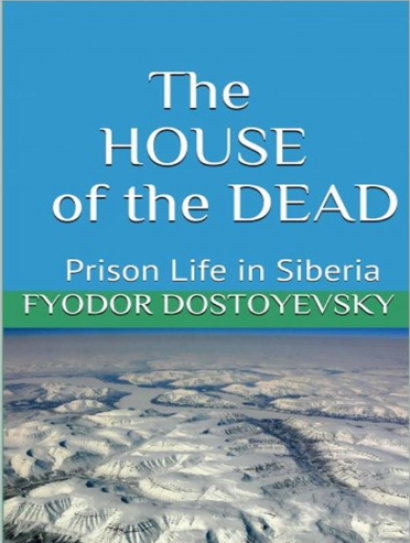
Based on Dostoyevsky’s years in a Siberian prison camp, this book offers vivid portraits of convicts who can be cruel, generous, petty, and noble, often in the same day. His observation, “Man is a creature that can get used to anything,” is not resigned or cold; it is a hard-won respect for human resilience. By refusing to flatten people into saints or monsters, the book asks us to look again at those society writes off and to notice the fragile dignity that persists even inside dehumanizing systems.
Read Book: The House of the DeadNotes from the Underground (1864)
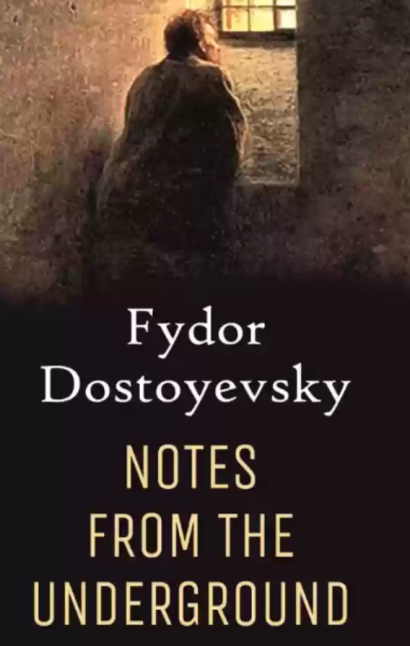
Meet the Underground Man, a brilliant and prickly narrator who argues with himself as much as with the world. “I am a sick man… I am a spiteful man,” he says, and through that confession the book uncovers how we sometimes choose against our own happiness simply to prove we are free. It is part confession and part philosophical firecracker, a short work that more or less invents the modern antihero. If you have ever self-sabotaged, this feels startlingly current, and it invites a braver honesty about the knots inside us.
Read Book: Notes from the UndergroundCrime and Punishment (1866)
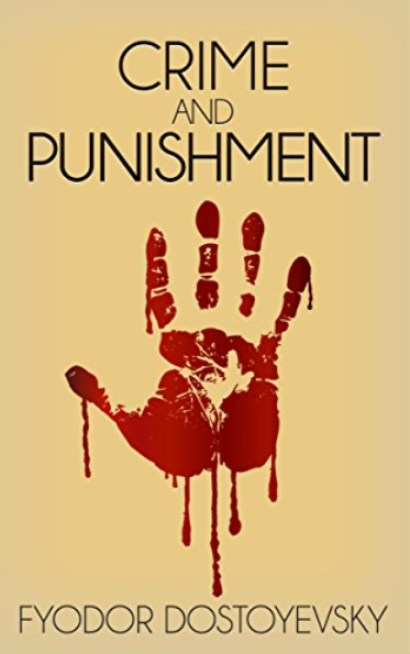
Raskolnikov, a broke ex-student, commits a murder to test a theory about “extraordinary” people, then discovers that a relentless conscience is the sharpest detective of all. The plot is urgent, yet the deeper pursuit is spiritual: can guilt become grace, and can a person change? “Pain and suffering are always inevitable for a large intelligence and a deep heart,” one character says, and the novel turns that line into a challenge, not an excuse. It endures because it asks the question we all face today: who are you when no one is watching, and who might you become if you told the truth?
Read Book: Crime and PunishmentThe Gambler (1867)
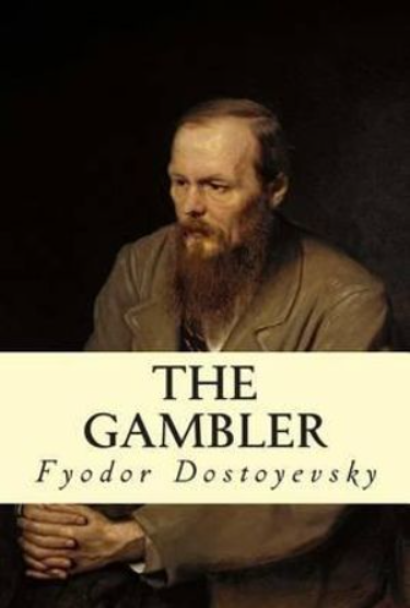
Written at high speed to meet a real deadline, this story follows Alexei Ivanovich through a combustible mix of love, pride, and roulette. When he confesses, “I hear the clink of gold,” you can almost feel the wheel spin and the pulse quicken. Dostoyevsky knew addiction firsthand, and that intimacy shows as self-control slips into compulsion, one small choice at a time. In a world of one-tap risks and instant thrills, the book still hits home, and it points to a simple victory that never goes out of style: reclaiming your life.
Read Book: The GamblerThe Brothers Karamazov (1880)
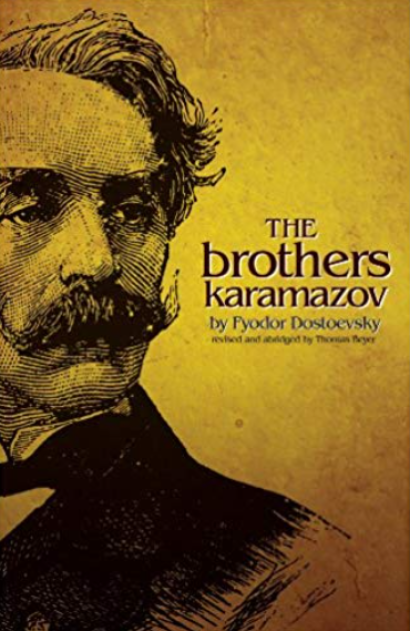
Dostoyevsky’s final masterpiece centers on a murdered father and three sons who represent clashing ways of living: Dmitri the passionate, Ivan the rational, Alyosha the spiritual. The novel contains unforgettable debates about justice and God, yet its heartbeat is human, captured in the moral compass line, “We are all responsible for all.” Drawn from a lifetime of wrestling with suffering and faith, it offers an ethic that feels tailor-made for divided times: own your part, extend mercy, and choose love even when it costs you.
Read Book: The Brothers KaramazovConclusion: Why Dostoyevsky Still Reads Like Tomorrow
Across garrets and gambling rooms, prisons and parlors, Dostoyevsky mapped the inner weather of being human, a map that still guides writers, therapists, and any reader who wants to live more honestly. Opening his books is like opening a door to your own depths, where bright hope and dark impulse meet, and where the real adventure is the freedom to choose between them. Pick any title above, and let it meet you where you are; you might close the book seeing yourself, and the world, a little more clearly.

